Building Green Futures: Sustainable Urban Development in São Tomé and Príncipe
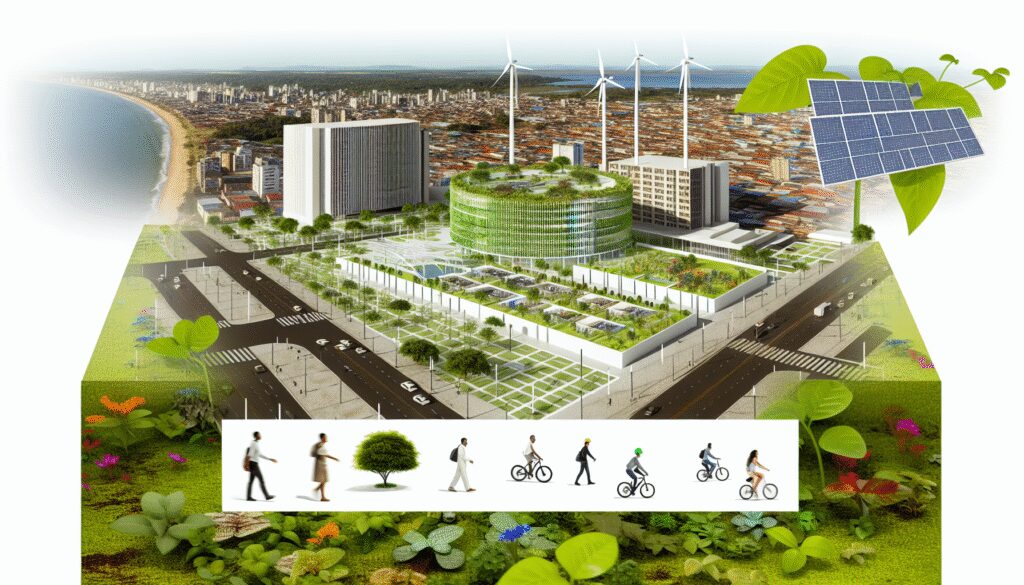
This article explores sustainable urban development in São Tomé and Príncipe, a small island state facing rapid urbanization and climate vulnerability. It advocates for green building practices and international collaboration to address housing, environmental, and economic challenges, aligning local strategies with global sustainability goals like the SDGs and Paris Agreement.
Ocean Acidification Threat in the Åland Islands: Impacts on Marine Ecosystems and Local Fisheries
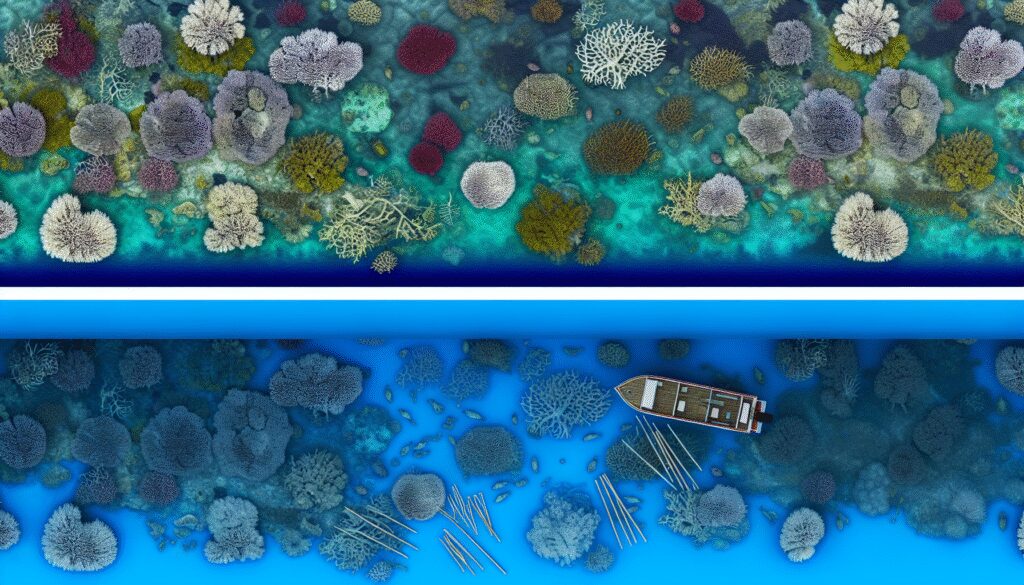
This article explores ocean acidification’s impact on the Åland Islands in the Baltic Sea, highlighting the region’s vulnerability due to its brackish waters and reliance on fisheries. It discusses ecological disruptions, socio-economic consequences, and advocates for local adaptation strategies alongside international cooperation to mitigate this global threat.
Harnessing the Sun: Tuvalu’s Journey Toward Sustainable Solar Energy Solutions
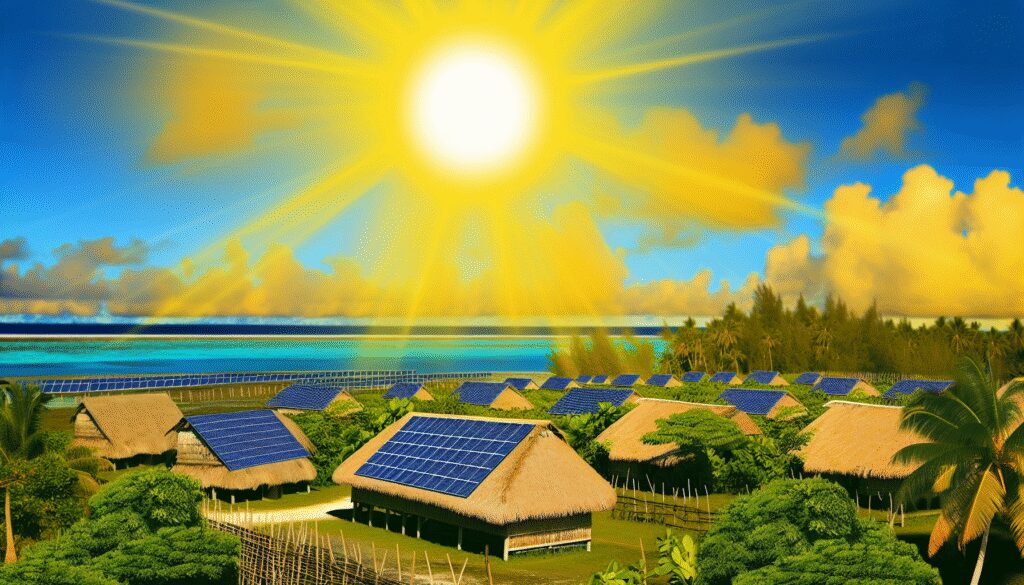
This article examines Tuvalu’s transition to solar energy as a Climate change adaptation strategy and a path to energy independence. Facing rising sea levels and fossil fuel dependency, Tuvalu leverages international partnerships and treaties like the Paris Agreement to implement solar projects, despite financial and technical challenges.
Ocean Acidification’s Silent Threat: Unraveling Impacts on Bouvet Island’s Fragile Marine Ecosystem
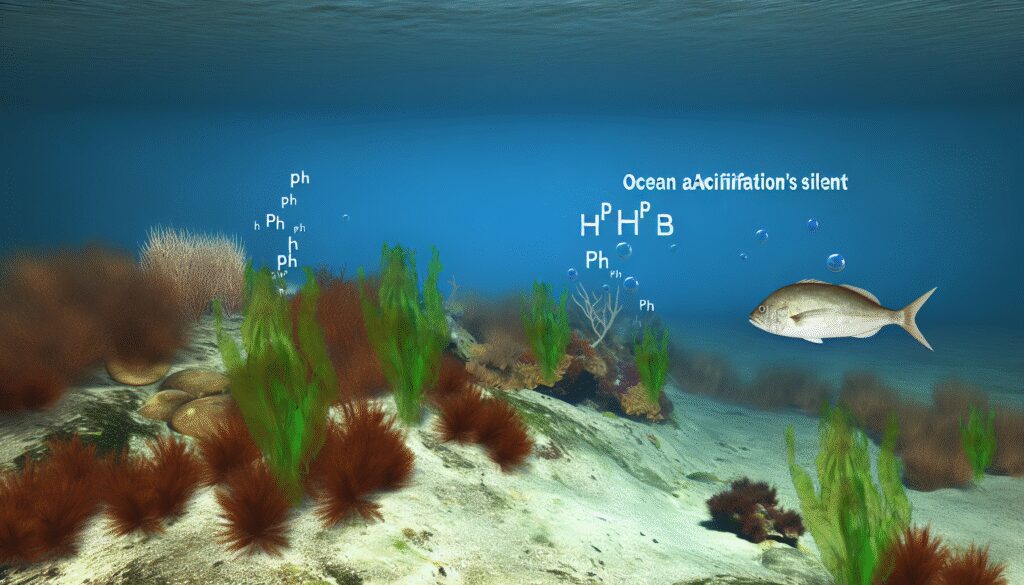
This article examines ocean acidification’s impact on Bouvet Island, a remote sub-Antarctic ecosystem. It highlights threats to key species like krill and corals, disruptions to food webs, and the need for enhanced monitoring and international cooperation to protect such vulnerable marine environments from climate change effects.
Ocean Acidification Threatens Kiribati: A Small Nation Facing Big Environmental Challenges
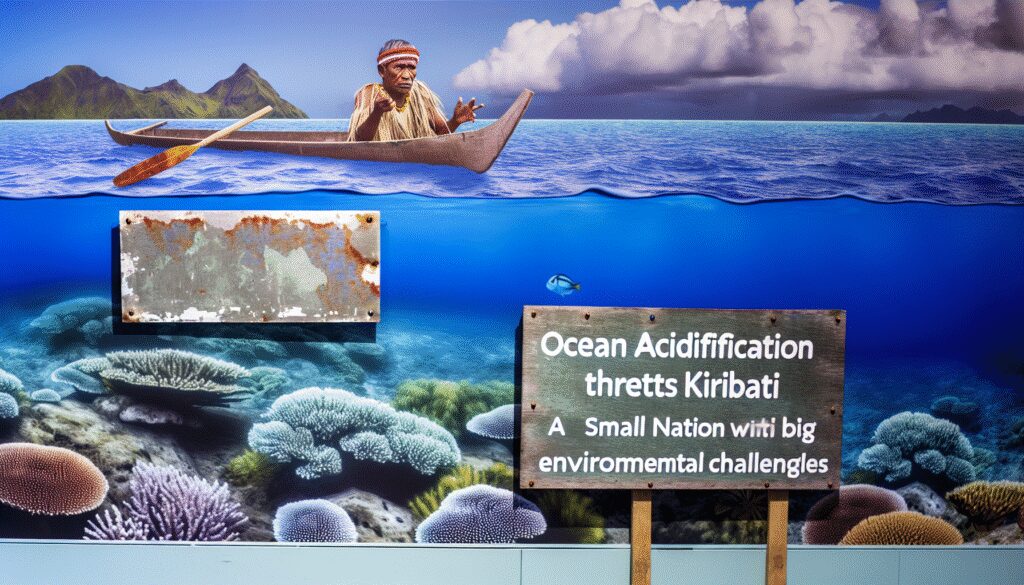
This article examines ocean acidification’s severe impact on Kiribati, a small island developing state, highlighting its threat to coral reefs, marine biodiversity, and fisheries crucial for the nation’s economy and food security. It discusses environmental and socio-economic challenges, international frameworks, and recommends urgent local and global action for mitigation.
Building for Resilience: Sustainable Architecture Solutions in Kiribati
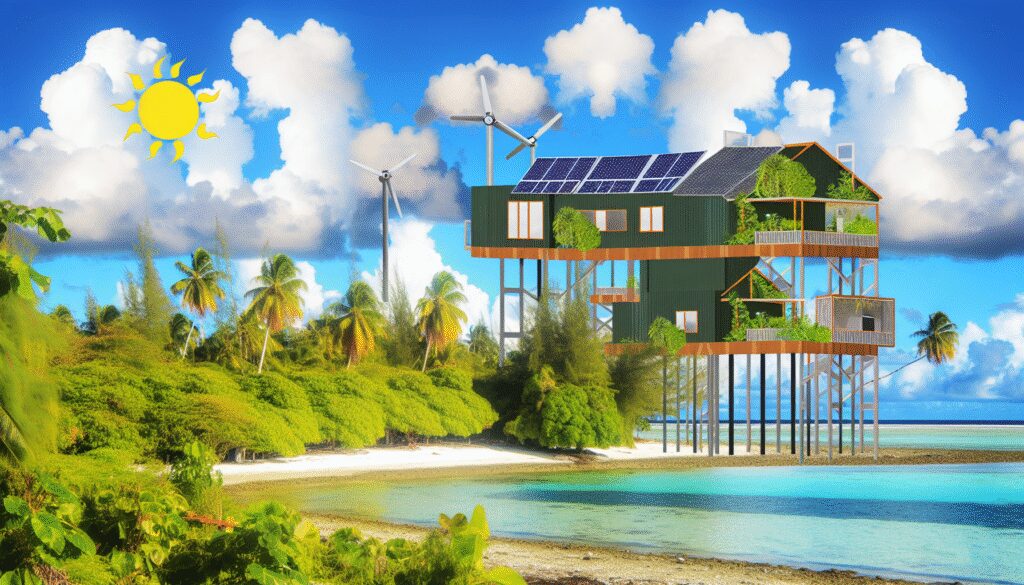
This article examines sustainable architectural solutions for Kiribati, a Pacific island nation vulnerable to climate change impacts like sea-level rise and extreme weather. It proposes a resilience framework integrating local knowledge with modern practices, advocating for climate-resilient materials, community-driven designs, and international cooperation for long-term habitability.
Ocean Acidification Threatens Niue’s Coral Reefs: A Call for Urgent Action
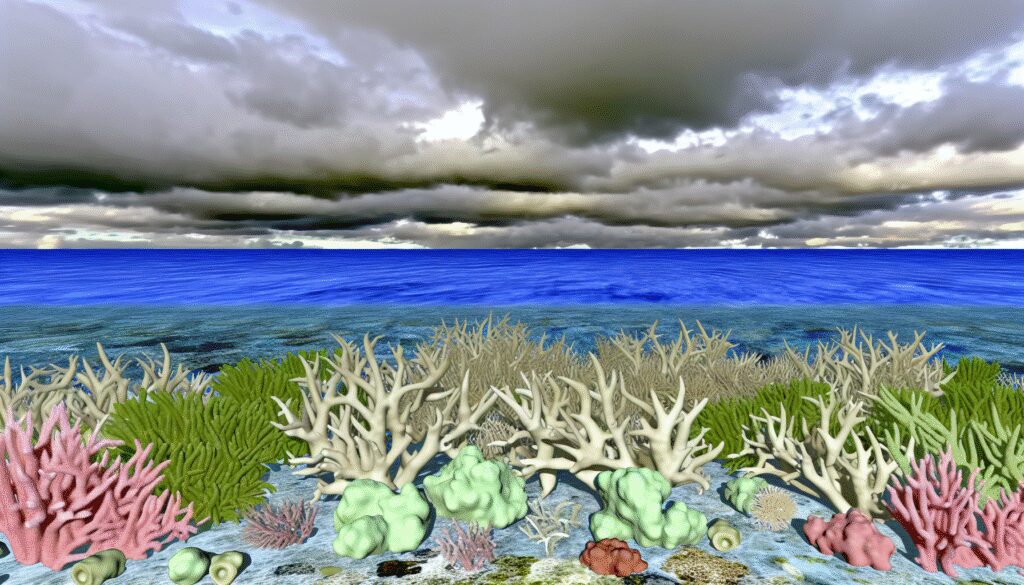
This article explores the severe impact of ocean acidification on Niue’s coral reefs, crucial to the island’s ecology, economy, and culture. It discusses declining ocean pH levels, the resulting coral degradation, and the need for urgent local and international action to mitigate CO₂ emissions and protect these vital ecosystems.
Harnessing the Sun: Niue’s Journey Towards Sustainable Solar Energy Solutions

This article examines Niue’s transition to sustainable solar energy, highlighting its role as a model for small island nations. Despite geographic and economic challenges, Niue’s commitment, supported by international partnerships and treaties like SIDS DOCK, showcases solar power’s potential for energy security and environmental resilience.
Ocean Acidification in Kiribati: Rising Threats to Coral Reefs and Island Livelihoods
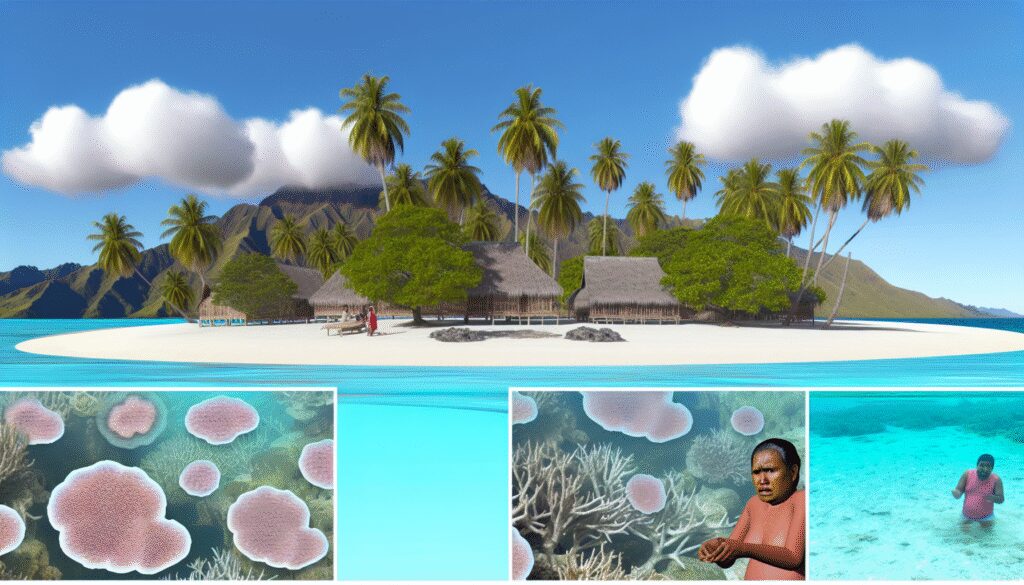
This article explores the severe impact of ocean acidification on Kiribati’s coral reefs, crucial for coastal protection, fisheries, and cultural identity. It examines socioeconomic consequences, global governance roles, and proposes localized adaptation, enhanced monitoring, and international cooperation to safeguard Kiribati’s marine ecosystems and community well-being.
Ocean Acidification’s Ripple Effects: Bhutan’s Himalayan Rivers at Risk

This article explores the indirect impacts of ocean acidification on Bhutan’s Himalayan rivers, highlighting potential disruptions to hydrological balance, biodiversity, and water security through altered carbon cycles and climate patterns. It emphasizes the need for integrated policies and regional cooperation to mitigate these global environmental challenges.
